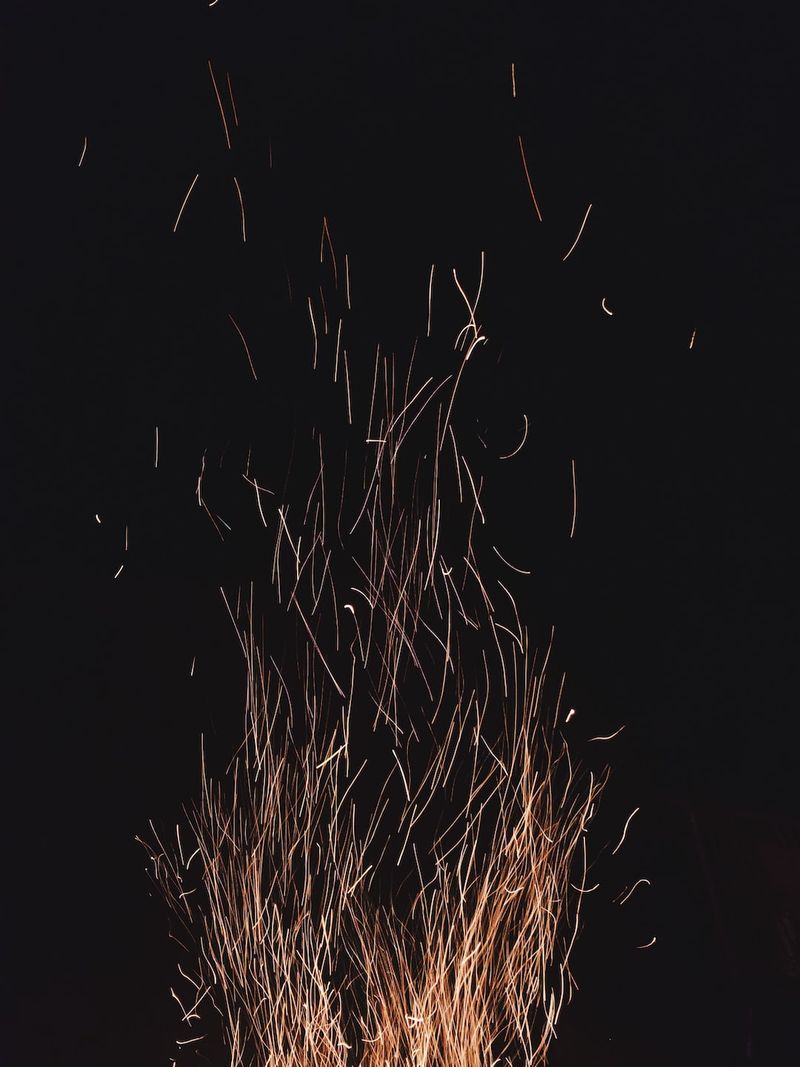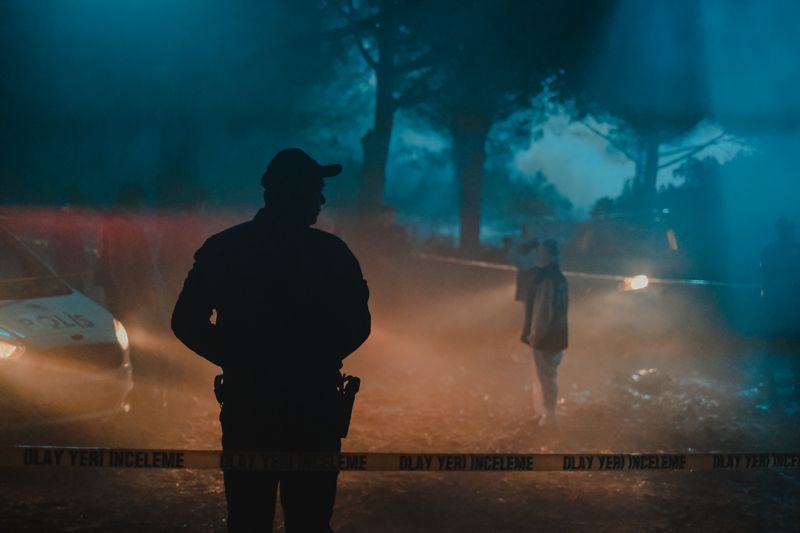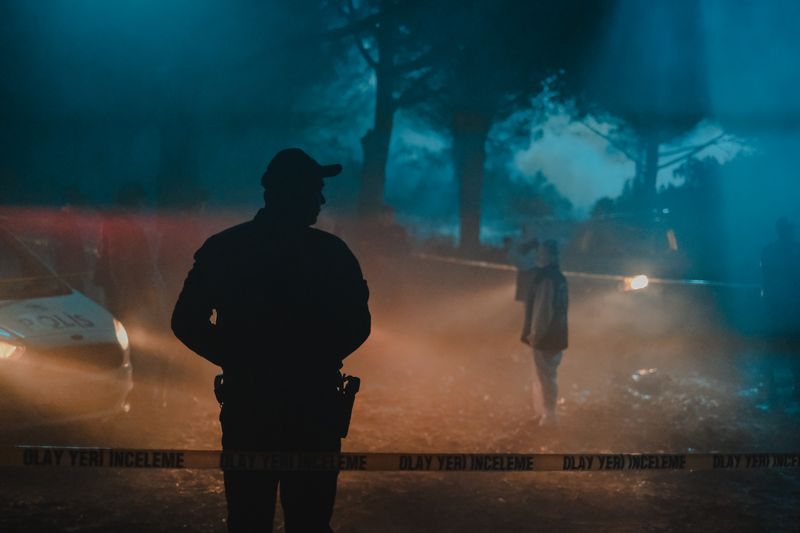Tragedy Strikes as Wind-Fueled Wildfires Ravage Maui
Devastation and Loss
Multiple neighborhoods in Maui, Hawaii, have been reduced to ashes as wind-fueled wildfires ravaged the island. Six people have tragically lost their lives, and the full extent of the devastation is still unknown. Thousands of tourists are frantically trying to leave the area, while officials work to quantify the destruction. The fires have left a trail of destruction in their wake, with iconic historic buildings, such as the Waiola Church in Lahaina and the Lahaina Hongwanji Mission, engulfed in flames.
Apocalyptic Scenes
Aerial footage shows pillars of smoke rising from block after block of Lahaina, the largest tourist destination on Maui. The once-idyllic beaches and palm trees now bear witness to a war-like zone. Residents have described the situation as an apocalypse, with the entire city of Lahaina charred to a crisp. The fires have caused the closure of multiple roads and schools, leaving the western side of the island nearly cut off, with only one highway open for emergency workers and evacuees.
Escaping the Inferno
In the face of the smoke and flames, some desperate individuals were forced to jump into the ocean to save themselves. The US Coast Guard stepped in to rescue those in distress. The state has opened five evacuation shelters to provide refuge for those displaced by the fires. Thousands of tourists are still trying to leave western Maui, with the Maui airport operating at full capacity and airlines lowering fares and offering waivers to expedite departures.
The Impact of Climate Change
The tragic events unfolding in Maui are a stark reminder of the impact of climate change and the urgent need for action. Wildfires, fueled by record-setting heat, have become all too common across the globe. Greece, Spain, Portugal, and other parts of Europe have also experienced devastating wildfires this summer, leading to the evacuation of tens of thousands of people. As the world continues to grapple with the climate crisis, it is crucial that we recognize the interconnectedness of our planet and take necessary steps to address and mitigate its effects.
Editorial: Lessons from Tragedy
Preparing for a Changing World
The wildfires in Maui serve as a wake-up call for the global community. As the frequency and intensity of natural disasters continue to rise, it is imperative that we prioritize disaster preparedness and response efforts. Communities, governments, and individuals must come together to implement proactive measures, including adequate funding for firefighting resources, improved infrastructure, and effective evacuation plans.
A Climate Crisis that Knows No Borders
The fires in Maui are not isolated events. They are part of a larger pattern of climate-related disasters occurring around the world. This interconnectedness calls for a collective global effort to address climate change. Every nation, regardless of geographical location, must take responsibility for reducing greenhouse gas emissions and transitioning to sustainable energy sources. It is only through global cooperation and commitment that we can hope to mitigate the effects of climate change and build a more resilient future.
Advice: Building Resilience
Individual Actions Matter
While the magnitude of the climate crisis may seem overwhelming, each individual has a role to play in building resilience. By making conscious choices in our daily lives, such as reducing our carbon footprint, supporting renewable energy, and advocating for climate policies, we can contribute to the broader effort to combat climate change. Every small action adds up to create meaningful change.
Emergency Preparedness
In light of recent events, it is crucial for individuals and communities to prioritize emergency preparedness. Create a plan for your family or household, including evacuation routes, emergency contacts, and necessary supplies. Stay informed about local weather patterns and fire danger levels, and heed evacuation warnings from authorities. By being proactive and prepared, individuals can enhance their safety and reduce the potential impact of natural disasters.
Conclusion
The devastation caused by the wind-fueled wildfires in Maui serves as a somber reminder of the urgent need to address climate change and build resilience in the face of natural disasters. As communities come together to rebuild and recover, it is crucial that we learn from these tragedies and take meaningful action to protect our planet and future generations. Together, we can create a more sustainable and resilient world.

<< photo by Maria P >>
The image is for illustrative purposes only and does not depict the actual situation.
You might want to read !
- “Tragedy Unveiled: Man Faces Murder Charges Following Heart-Wrenching Discovery of Baby and Mother’s Bodies”
- “The Resurrection of Rodriguez: Unearthing the Untold Journey of a Working-Class Songwriter”
- Denise Scott’s Cancer Diagnosis Sheds Light on Mother and Son Reboot Journey
- Child Star’s Alleged Death Creates Confusion and Controversy
- Child star Lil Tay, famed for controversial online videos, reportedly refocuses image and aims for redemption in the spotlight.
- Victoria’s bushfire crisis: Tourists and locals flee as wildfires claim six lives




